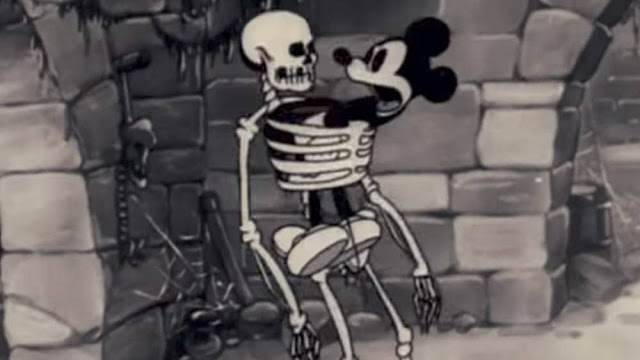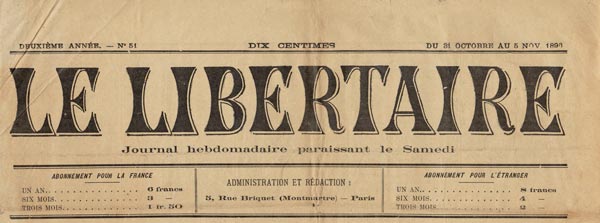Its a new year, and already I can see a few entries on my updated FAQ. Intellectual Property as a concept stands on very shaky ground. In order to stigmatise the sharing and copying of IP corporations and government trading boards spent a lot of time and money comparing violators to pirates and petty thieves, ignoring the obvious question of what exactly is stolen from copying?
Overall its an ideological battlefield that can be only kept going through constant resource expenditure. Essentially keep the arguments in the public consciousness and eventually people will grow accustomed and accept them. One of the few areas were IP protections has had some success is the argument of inheritance. There are many copyright systems in use across the world, the only thing they have in common is that they all have terms of exclusivity that outlive their creator. Now this flies in the face of the majority of the "Moral" argument for IP which centres on creative types who are passionate individuals and not faceless entities. The implication being that the copyright system is actually for the protection of these noble struggling artists. But if that were the case we can ask why do most copyright legislation models allow corporate entities to buy up these rights? And why is it nearly always a corporate body pursuing protection and adressment of suspect IP violations? And why have copyright after the death of the creator(s)? What possible use could that be to a corpse?
The answer to these questions is usually to ignore all of them apart from the last one about post mortis rights. There the answer is for their heirs. The argument goes that life+ gives protection for the descendants of the author. Now, I'm in a minority who thinks inheritance of property and the power and privileges that come with them do more harm than good, but you don't have to be a committed socialist to realise there are some problems with accepting this at face value.
To be blunt, copyright legislation and inheritance legislation are not the same thing, and when an IP passes onto another generation the credit goes to that country's inheritance customs and laws, not its copyright statutes. Copyright law doesn't say anything about who should get IP after the death of the principle creator(s) that is determined by contracts and courts. The only area where copyright legislation does overlap with inheritance it is a detriment and not a boost. You may have heard of the concept of Orphan Work, and Orphan Work is a IP whose creator has expired, but, there is no clear inheritor, neither familial nor commercial. This means that works that are Orphaned legally can not be touched at all and must wait out the term before it can enter the public domain for use and reuse. This has meant that a large body of work is condemned to rot for decades and its a major cause for the growth of lost media.
If you're a creator and you wish for your descendants to profit from your labour than you are within your legal rights. However, your copyright will not help with that, you will need to consult a lawyer and draw up a Will. For example, Arthur Conan Doyle drew up a Will that mentions how his estate was to be divided up and disposed off after his passing. He does discuss his IP in that document.
His MSS. to his wife, directing that the executors should "deal as they think best with copyrights, plays, cinema rights, or unpublished MSS.," and directing that the income from them should be regarded as income from his residuary estate.
[Italics in original]
This is relevant because the heirs to Conan Doyle are quite infamous for their predatory business practices using their ownership of the Sherlock Holmes IP in the United States of America. Which they've lost this January. While many have decried their actions very few have criticised or challenged their "Moral right" to behave in such a horrible way. Because many assume that it was Conan Doyle's wishes that his beloved creations would remain with his family. But if you read his will he regarded IP as simple business matter to be handled along with his savings and personal properties. Its the actions of the Executor that meant his family maintained control over the IP for so long not Doyle's personal wishes.
But even with a Will its still not guaranteed, Wills are contested quite regularly and if a strong enough case can be brought up. For example are you familiar with the Millennium series of books? Well Stig Larsson the author of the first three, The Girl with the Dragon Tattoo, The Girl Who Played With Fire, The Girl Who Kicked the Hornets Nest. Well, Larsson died in 2004 and he had a Will. In it he declared his desire that the proceeds from his IP his royalties should go to a small Trotskyist party in Sweden, which is a bit unusual but it was his Will. However since the Will hadn't been witnessed it was declared invalid by the courts, and they instead awarded his estate to his father and brother, the court also ruled that Larsson's long-term partner was ineligible for funds because they had not married. What this means is Larsson's copyright and stated wishes were secondary to the laws of his country which have entrenched customs and requirements. No one disputes Larsson's copyright nor what his wishes were, he just didn't conform to the requirements of the Swedish legal system who overruled him.
Stig Larsson isn't the only example of this nor even a particularly rare one, he's just the example that comes to my mind every time I see someone praise copyright for the benefits of inheritance. Again the corporations that defend copyright after the deaths of directors and authors aren't doing it to be kind and charitable, they're doing it because they own that IP and not the grieving family.



